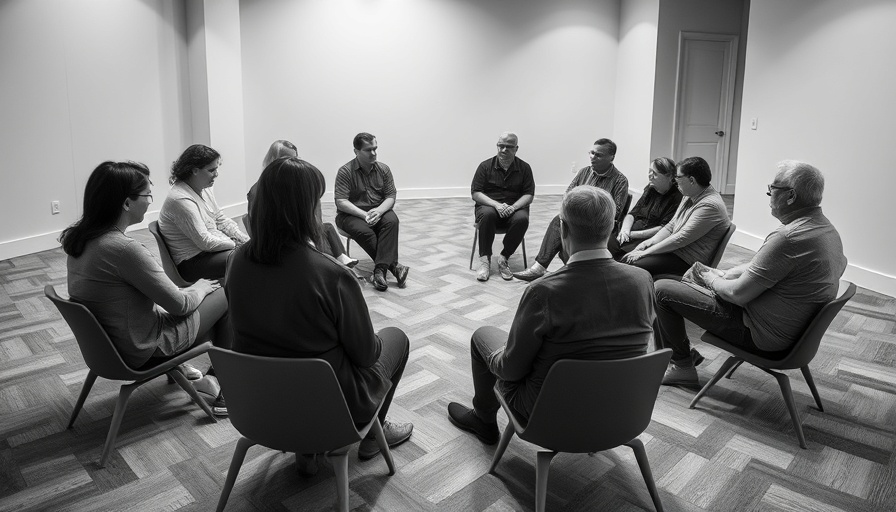
Understanding the Unique Challenges Women Face in Addiction Recovery
Women struggle with distinct challenges when it comes to addiction recovery, making their journeys often more complicated than men’s. With familial duties, societal expectations, and fears about the impact of treatment on child custody, many women hesitate to seek help. This indecision can have dire consequences, particularly in Massachusetts, which ranks eighth in the U.S. for drug-related mortality rates. The opioid crisis, substantially driven by synthetic opioids like fentanyl, underscores the urgency of addressing the specific needs of women in recovery.
Breaking Down Barriers to Treatment
The statistics are stark: women accounted for only 30.8% of admitted patients in Massachusetts treatment centers. Understanding and overcoming these barriers ensures that more women can access the specialized care they need. Providers are stepping up, offering flexible treatment schedules, childcare assistance, and transportation resources to empower women to seek help without sacrificing their responsibilities at home or work.
The Importance of Specialized Treatment Services
High-quality addiction care is paramount for success, and specialized women’s treatments are tailored to address their unique needs. These include trauma-informed care, which recognizes the impact of past traumas that many women face, from domestic violence to societal pressures. Evidence-based therapies such as cognitive behavioral therapy (CBT) and family therapy are critical components that help women develop coping strategies and rebuild relationships fractured by addiction.
A Holistic Approach to Recovery
Effective recovery goes beyond merely stopping substance use. It requires a holistic approach that cultivates life skills and fosters emotional and spiritual recovery. Massachusetts treatment centers are increasingly integrating mindfulness practices, relapse prevention strategies, and life skills training. This comprehensive approach helps women not only sustain their sobriety but also build fulfilling lives post-treatment.
Building a Supportive Community
A supportive community plays a pivotal role in a woman's recovery journey. Treatment centers provide opportunities for peer support through group therapy sessions, enabling women to share their experiences and draw strength from one another. This sense of belonging is vital, as women often feel more comfortable discussing their struggles in an all-female environment.
Next Steps: Empowering Women to Seek Help
Recognizing the unique struggles women face in addiction recovery is the first step toward meaningful change. If you or someone you know is battling substance addiction, it’s crucial to reach out for support. Specialized programs are available in Massachusetts that prioritize women’s specific needs. Empowering women through these dedicated services not only fosters individual recovery but also strengthens families and communities.
 Add Row
Add Row  Add
Add 






Write A Comment